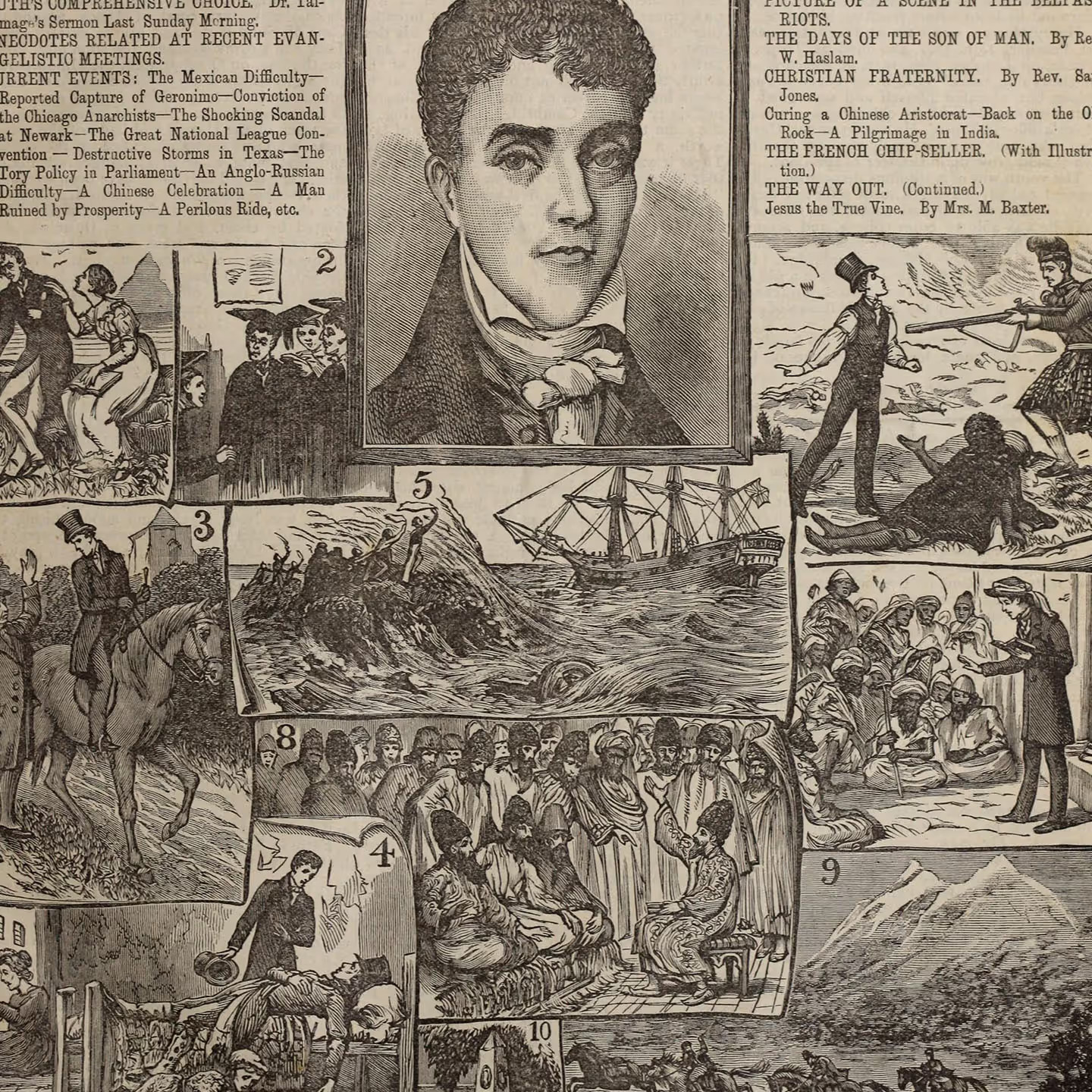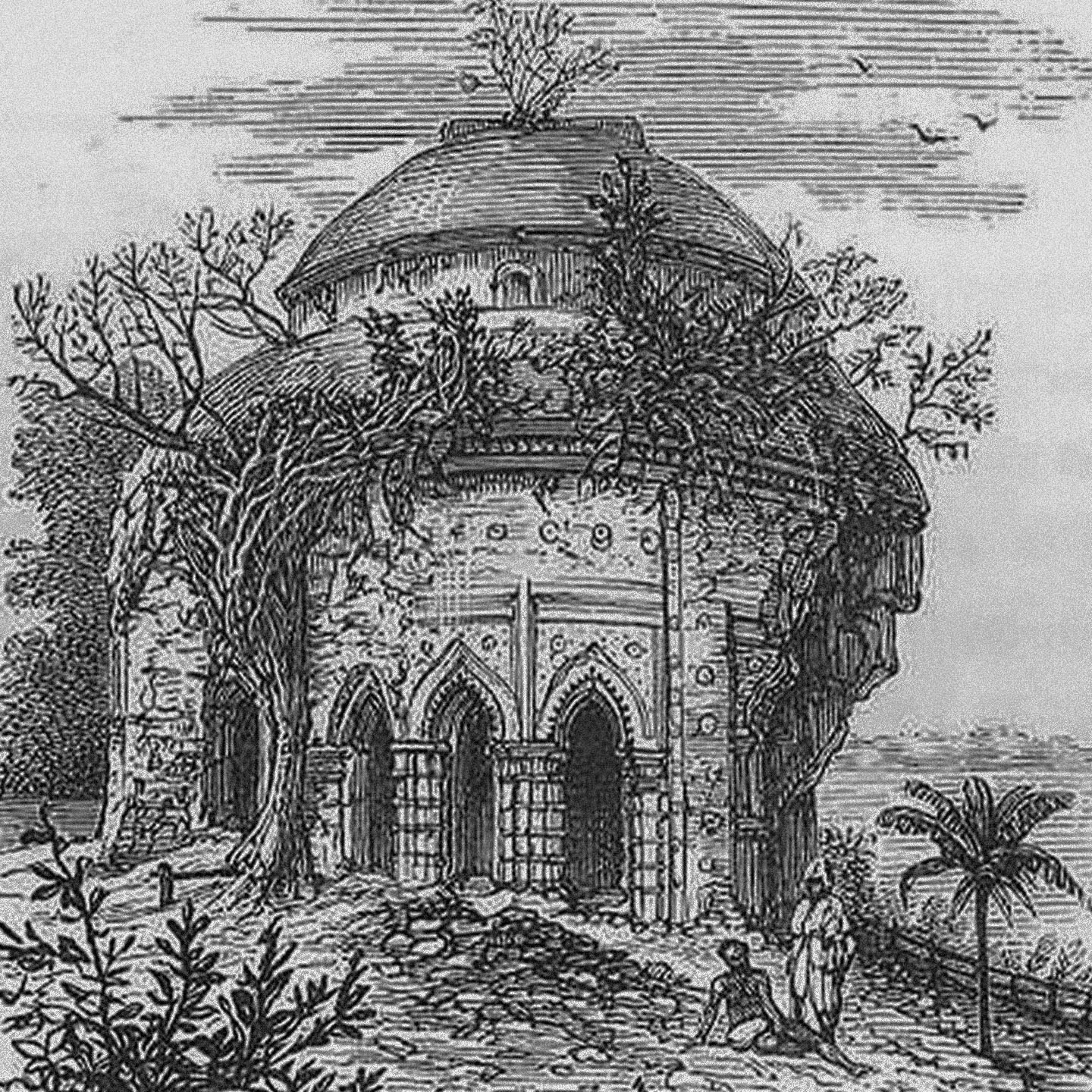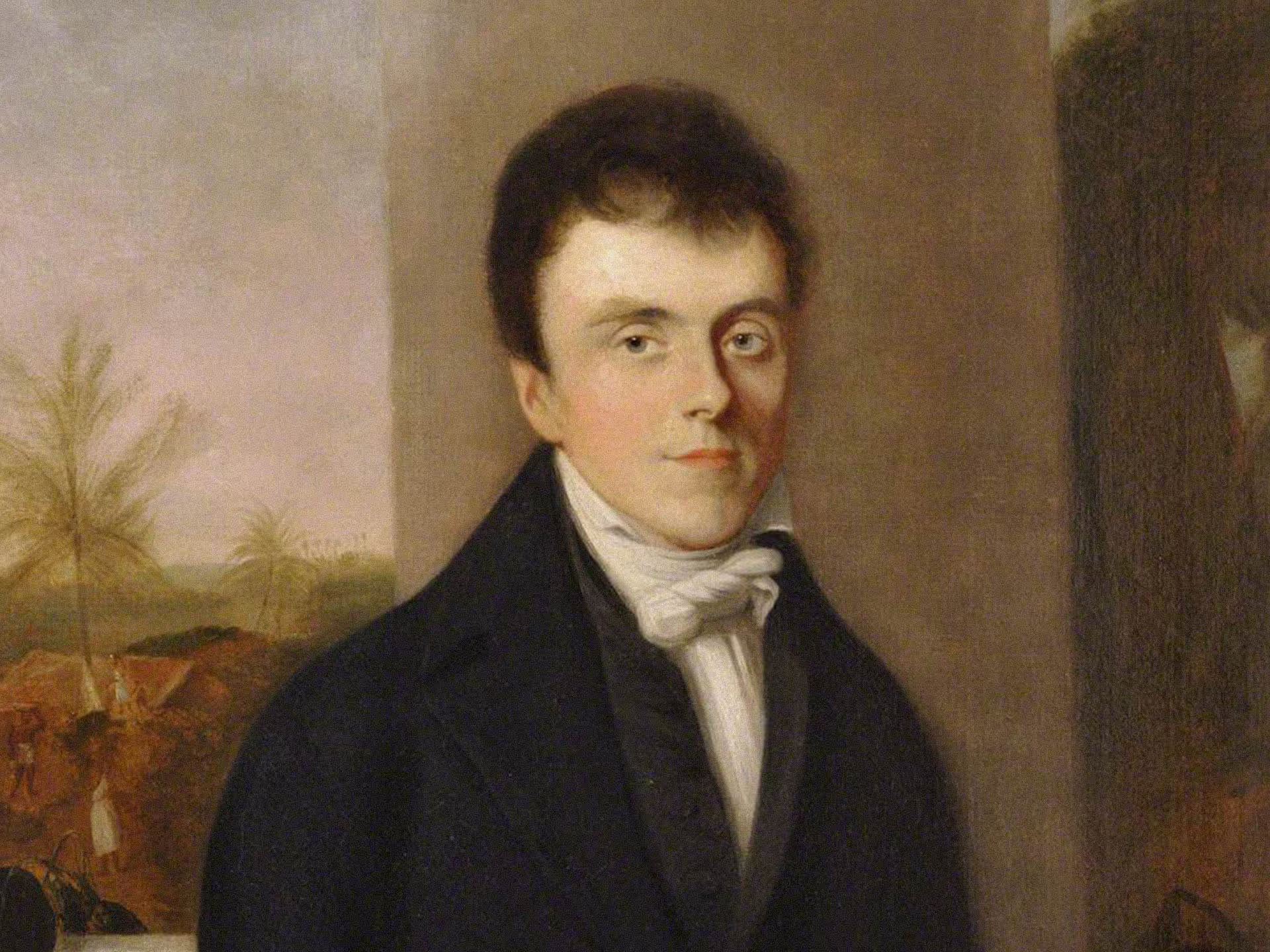"Let me burn out for God. After all, whatever God may appoint, prayer is the great thing. Oh, that I might be a man of prayer!"
Missionaries are commemorated for many reasons. Some the pioneering nature of their mission, some for monumental translation work, and yet others for sheer number of converts. Though Henry Martyn journeyed in dangerous places, brought scripture to new languages, and won the unreached to Christ, his reputation rests on the most steadfast of missionary legacies – tremendous devotion to Jesus Christ in all of life.
Early Life
Born in Truro, England in 1781, Henry Martyn was in many respects an ordinary model of what we might call the middle class. His father was a clerk, and young Martyn was enrolled in Truro Grammar School, and then Cambridge, where he studied mathematics and considered a career in the legal profession. But it was at Cambridge where Henry Martyn’s life was turned toward the extraordinary. There, through the influence of his sister and minister Charles Simeon, Martyn was brought to his knees, professing faith in Christ.
Martyn’s newfound faith manifested radical change in his life. Inspired by the life and ministry of David Brainerd, he determined not to enter the legal profession and instead pursued a calling as a missionary.

India
In 1806 Martyn arrived in Dinapore, India as an ordained chaplain of the East India Company. After nearly a year aboard ship, he was already sharing the gospel within a day of coming ashore. While at sea he had zealously studied Urdu and Bengali and, like William Carey, devoted himself to translating scripture into heart languages, eventually producing translations in Urdu, Arabic, and Persian.
Persia
Throughout his ministry in India Martyn preached with vigor and courage, often under threat of harm for proclaiming the good news about Jesus. But Martyn’s health was not good, and in 1810 he undertook a second sea voyage for his health. His travels took him to Persia, where he devoted more of his energy to engaging with Islam. Martyn published and debated with Islamic scholars, attempting to prove to them the divinity of Christ. When it was claimed that Jesus had bowed down to Mohammed, Martyn stated, “I was cut to the soul at this blasphemy. I could not endure existence if Jesus is not glorified.”
Although Martyn continued to labor at his translations, he did not have long to live. Consumption and the rigors of travel had worn him down completely. He died in Turkey in 1812.

Legacy
Though Martyn spent only 6 years on the mission field, the irresistible piety and zeal of his letters and a memoir (both published posthumously) provided needed fuel to the fire of missions in England and elsewhere. For more than a hundred years his name served to commemorate and inspire missionary endeavors at Cambridge, until the Henry Martyn Centre was renamed in 2014. But Martyn’s ministry of gospel preaching in service of the church, deep cultural engagement, and Bible translation has left marks that cannot be erased.
Let me burn out for God. After all, whatever God may appoint, prayer is the great thing. Oh, that I might be a man of prayer!
Additional Resources
- Read How Comfortable to Lean on the Arm of the Beloved
- Read the Memoir of the Rev. Henry Martyn
- Read the Journal and Letters of the Rev. Henry Martyn
